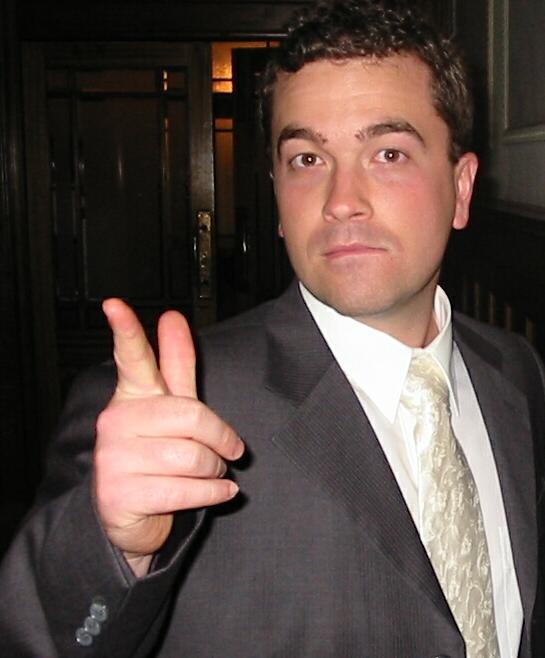You be the judge as he answers the question: “Which Christ do we lead people to?”
Not to any pale, merely theological Christ, a lay-figure, product of the schools (though to Dogmatics we owe a tremendous debt); not to any vague, impalpable, though beautiful Christ, the creation of a wistful imagination; but to Christ of the New Testament, the Christ of the Incarnation and of Bethlehem, the Christ of the Atonement on Calvary’s Cross, the Christ of the Resurrection and Ascension, and of the Blessed Appearing, the ever-present Christ Who is “warm, sweet, tender,” and Who confirms Himself unto us in all joys and stresses, and to set Him forth should be the burden of our ministry.
A Gospel that is not Christo-centric is no Gospel at all. We may gather people unto ourselves with a smart eloquence, or with snappy criticisms of public affairs, or with spectacular and popular services; we may think that we hold them to ourselves by providing well-organised rounds of social functions, pleasing and amusing, for all sorts and conditions of men and women; we may, by such means, secure the good-natured help and interest of a wide circle of supporters; but we shall never save their souls alive if that be all which we have to give them. Without this Christo-centric Gospel we have no authority enabling us to stand as did the prophets of old who faced kings and men with the words, “Thus saith the Lord”; we have no message calculated to bring home to people that sense of sin and of God’s forgiveness of it, we have no assurance of peace and harmony for the whole wide world. Woe be unto us if we fail to preach it.
Presidential address to ordinary session of Synod, 1933. Year Book of the Diocese of Sydney 1934, 306-07.
Granted, a line like “we shall never save their souls alive” might be a little too eager to find a place in the Dogmatics, but note the flow of the language: short, sharp clauses that colour and build up the one idea. Very Barthian. And also the obvious Christo-centricity.
I was commenting to a friend of mine (Ed Loane) how I thought Kirkby must have been a Barth reader, and he commented that when his great-grandfather (D.J. Knox, father of D. Broughton Knox) first read Barth’s Commentary on Romans, it was as if he was connecting with a “kindred spirit”. Ed also told me that Knox was close friends with Kirkby, so it’s possible that Barth was being passed around the senior Sydney clergy at this point. That would go some way in explaining Kirkby’s prose in the above speech.
Thursday, June 14, 2007
Subscribe to:
Post Comments (Atom)

4 comments:
Nice piece of hearsay.
I always thought DBKnox was Barthian in his way.
Love the historical reconstruction Marty!
reconstruction?? What am I reconstructing?
I thought I recognised that name.
Kirkby has the weird distinction of being the only person buried at St Philip's Church, about five metres from our kitchen window.
Post a Comment